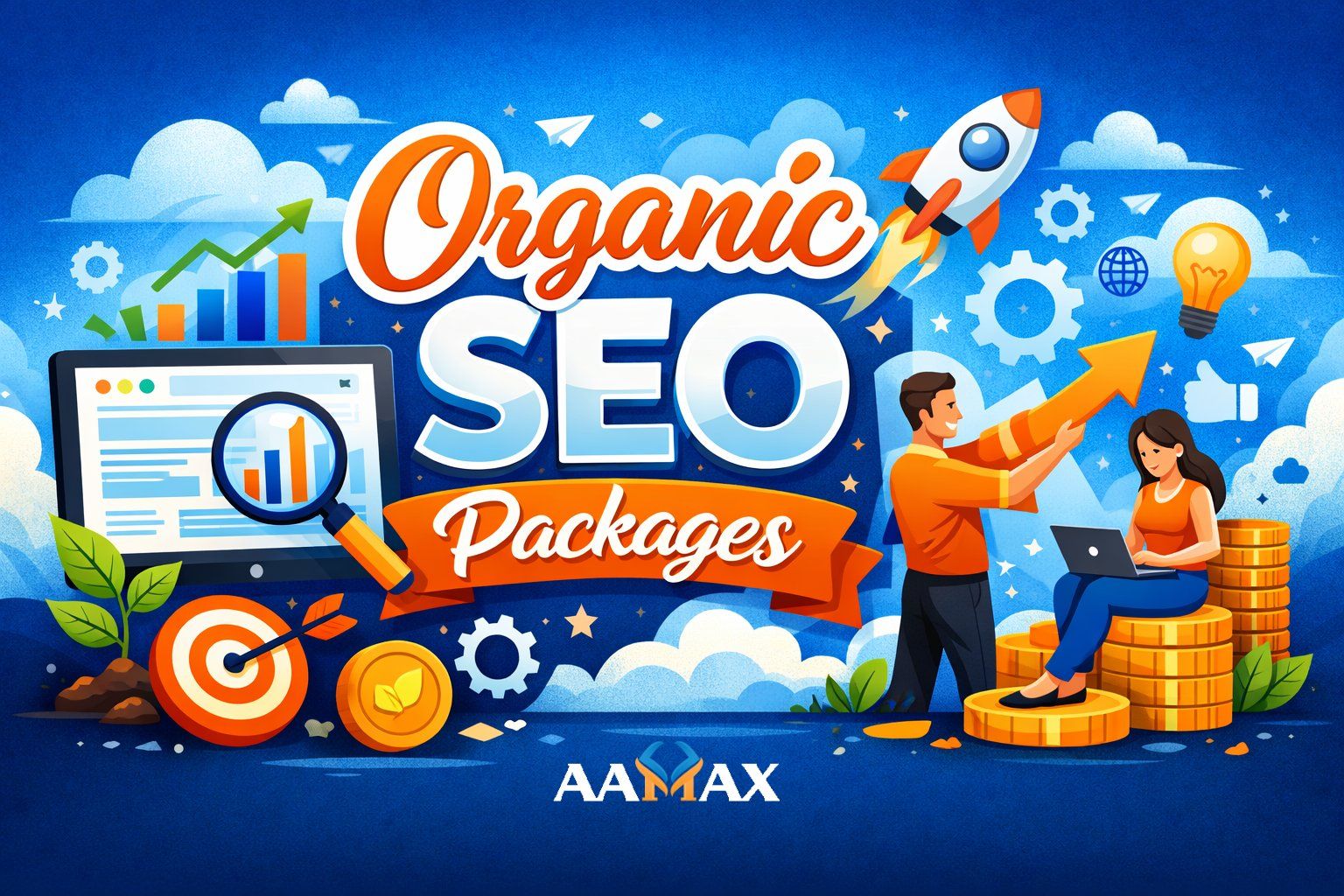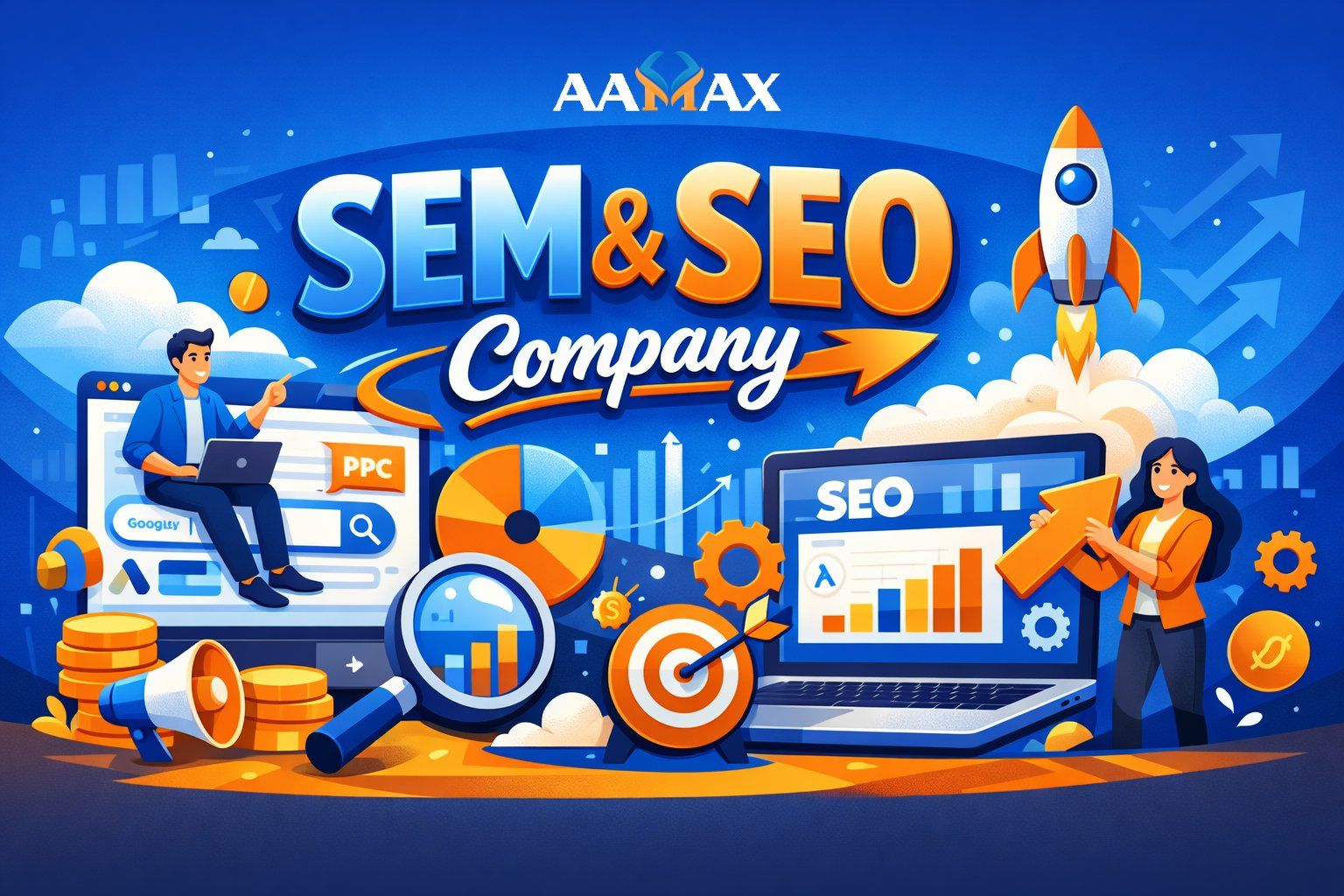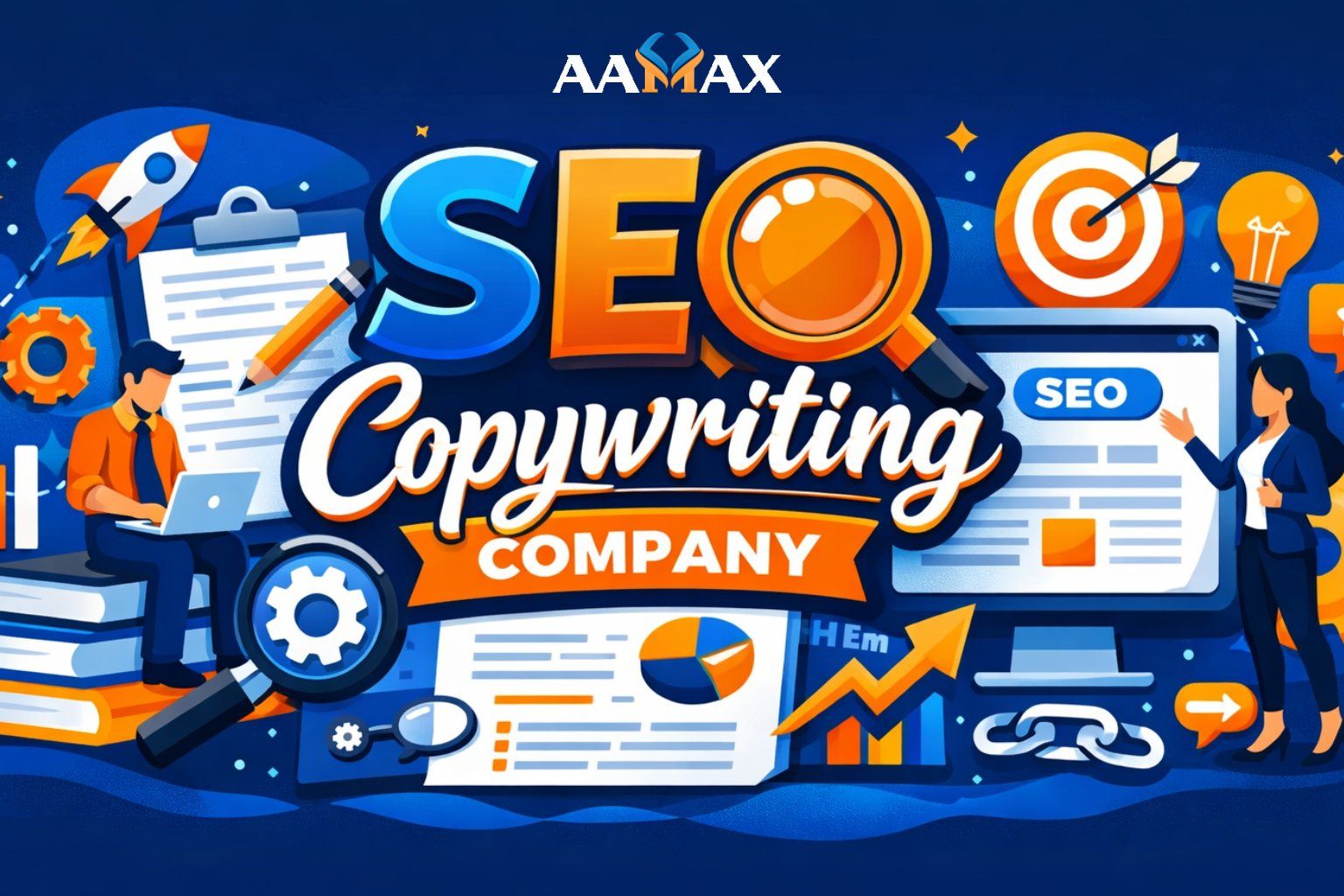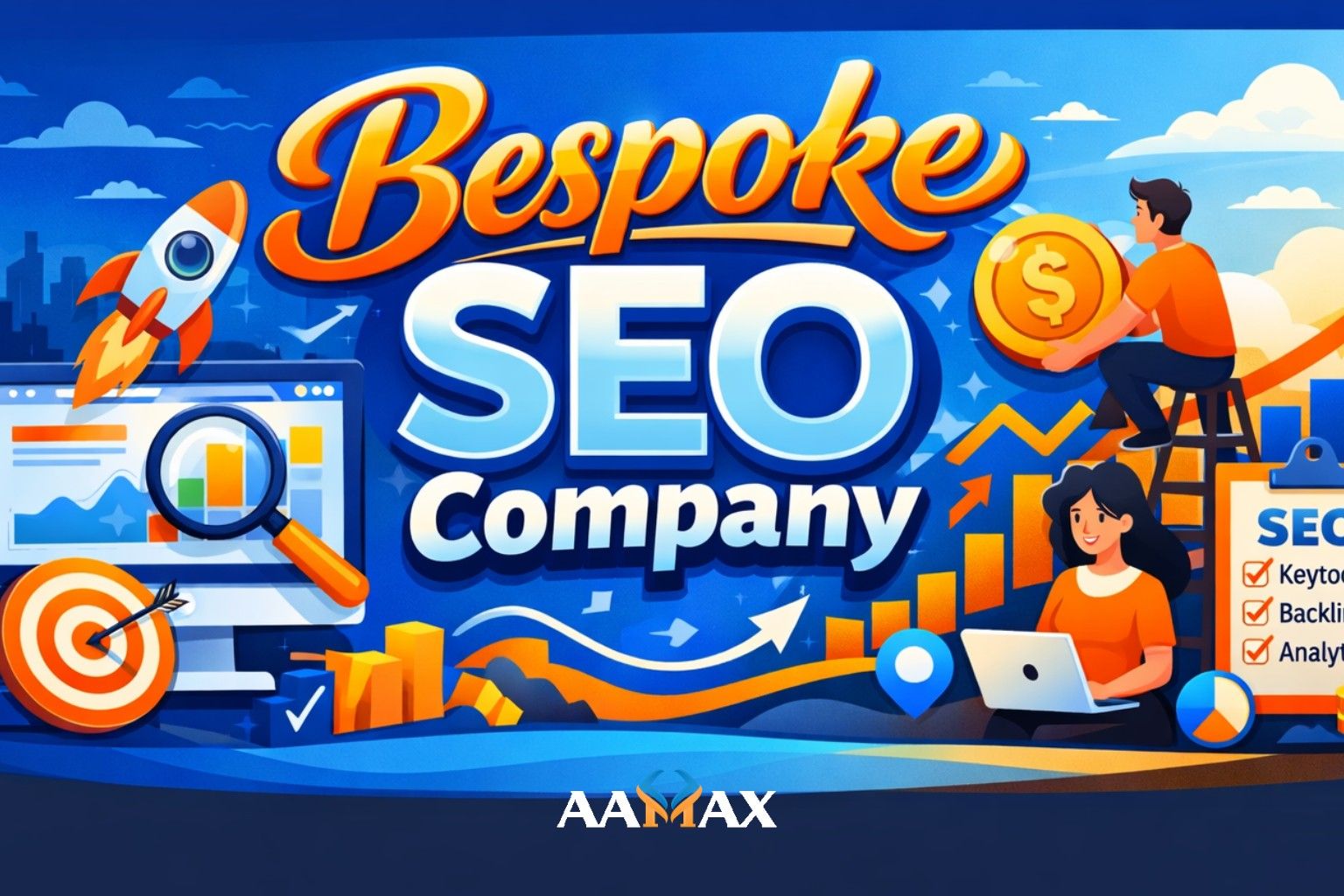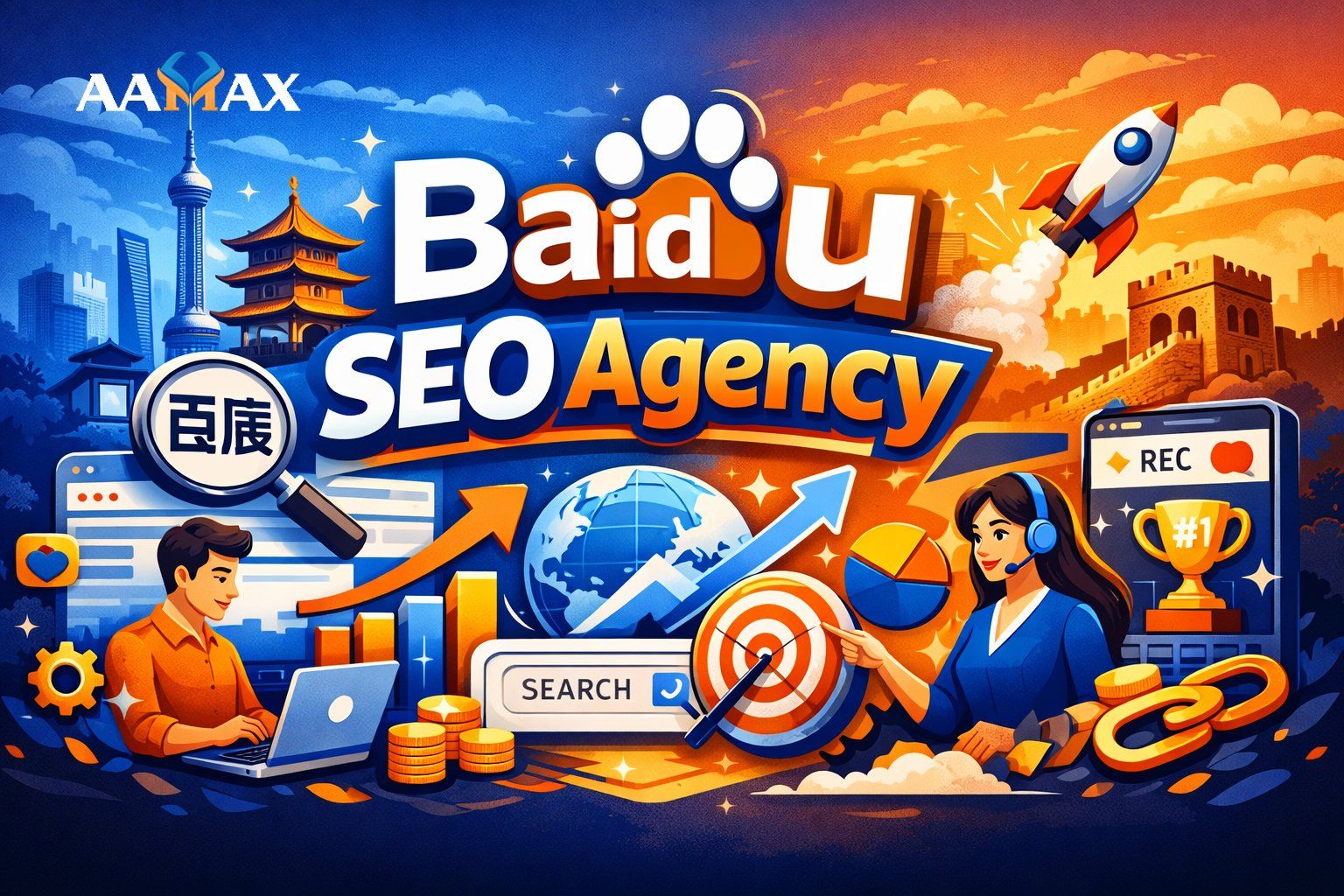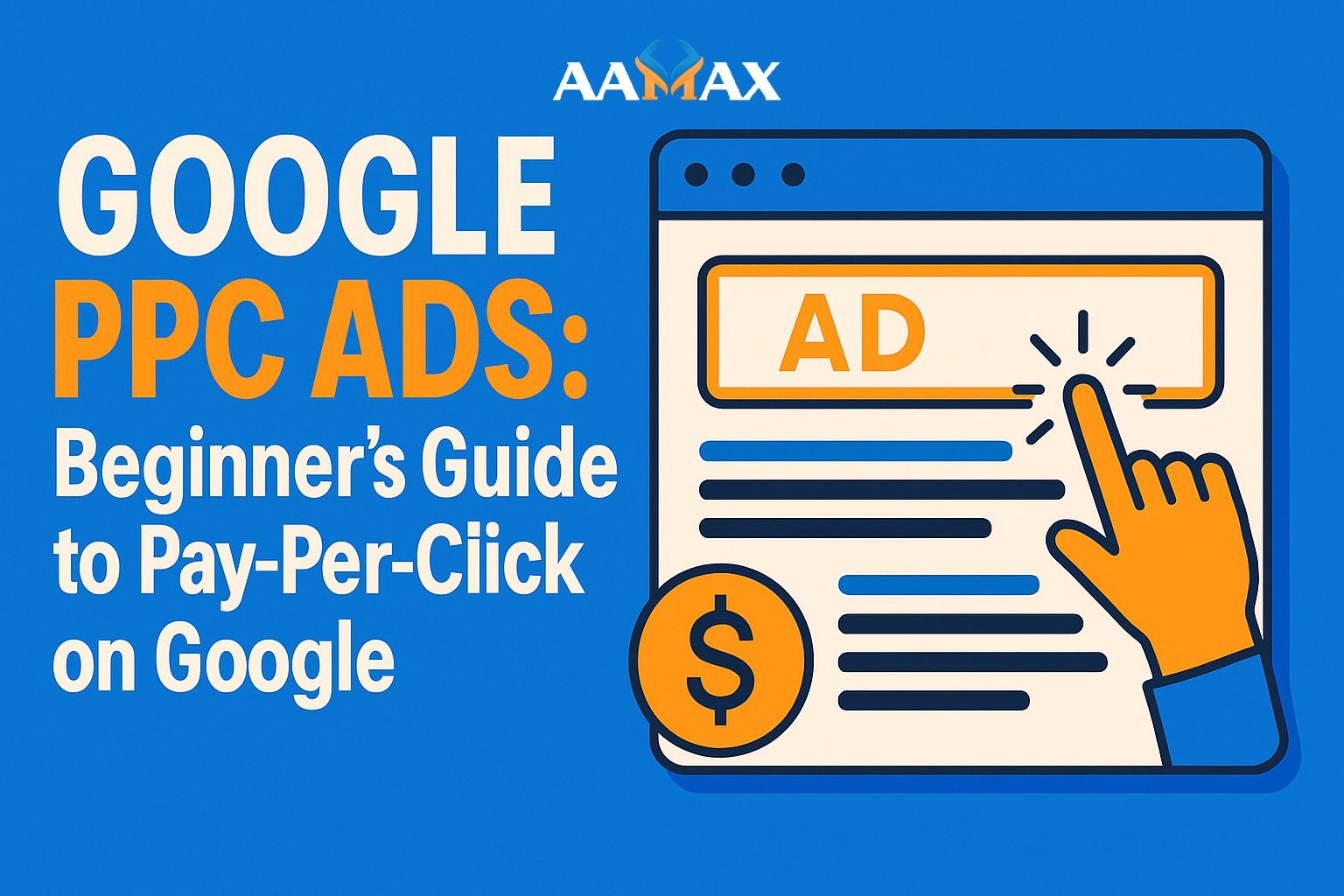
Google PPC Ads: Beginner's Guide to Pay-Per-Click on Google
Digital Marketing has become the backbone of business growth, and one of the most powerful tools in this space is Google PPC Ads. Whether you’re running a small startup or managing a large enterprise, Pay-Per-Click (PPC) advertising can help you reach your target audience, drive qualified traffic, and increase conversions almost instantly.
If you’ve ever wondered how Google PPC works, why it matters, and how to set up a campaign, this guide will cover everything you need to know as a beginner. By the end, you’ll have a clear understanding of how to leverage PPC to achieve your marketing goals.
What Are Google PPC Ads?
Google PPC Ads, also known as Google Ads, are a type of paid advertising where businesses bid on keywords to have their ads displayed on Google’s search results pages or partner sites. Advertisers only pay when someone clicks on their ad, making it a cost-effective way to reach potential customers.
For example, if you own a bakery and someone searches “best bakery near me,” your ad can appear at the top of Google’s results. If the user clicks on your ad, you pay a small fee. This allows businesses to put themselves directly in front of customers who are actively searching for their products or services.
Why PPC on Google Is Important
Google dominates the search engine market, handling over 90% of global searches. That means most people searching for information, products, or services online are using Google. Running PPC campaigns on this platform ensures that your business can tap into a massive pool of potential customers.
Some key reasons why Google PPC is important:
- Instant visibility: Unlike SEO, which takes time, PPC ads provide immediate exposure.
- High intent traffic: Ads target people who are already searching for specific solutions.
- Measurable performance: Every click, impression, and conversion can be tracked.
- Scalable budgets: You control how much you spend daily, weekly, or monthly.
For small businesses competing against larger brands, PPC levels the playing field by giving them visibility in front of their ideal audience.
How Google PPC Ads Work
Google PPC operates through an auction system. Here’s a breakdown of the process:
-
Choose Keywords
Advertisers select keywords they want to target. These are search terms people use on Google. -
Set a Bid Amount
You set the maximum amount you’re willing to pay for a click on your ad. This is called Cost-Per-Click (CPC). -
Google’s Auction
Every time a search is performed, Google runs an auction. The winner isn’t just the highest bidder—it’s based on Ad Rank, which factors in:- Your bid amount
- Quality Score (ad relevance, expected click-through rate, and landing page experience)
-
Ad Placement
Based on the auction results, ads are displayed at the top or bottom of the search engine results page (SERP). -
Pay for Clicks
You only pay when someone clicks your ad, not just for impressions.
This system rewards advertisers who create relevant, high-quality ads instead of those who simply spend the most money.
Types of Google PPC Campaigns
Google Ads offers multiple campaign types to suit different goals. Here are the most common:
1. Search Ads
These are text-based ads that appear at the top or bottom of Google search results when users search for targeted keywords. They’re great for capturing high-intent traffic.
2. Display Ads
Visual banner ads shown on websites within the Google Display Network. Perfect for brand awareness and retargeting.
3. Shopping Ads
Used by eCommerce businesses, these ads showcase product images, prices, and store names directly in search results.
4. Video Ads
Run on YouTube and other Google partner sites, ideal for engaging audiences with video content.
5. App Promotion Ads
Designed to drive app downloads and user engagement.
Each campaign type serves a unique purpose, so businesses often combine multiple strategies for maximum impact.
Benefits of Google PPC Ads
For beginners wondering why PPC is worth the investment, here are some of the top benefits:
- Immediate Results: Unlike SEO, PPC campaigns can start driving traffic within hours.
- Targeted Reach: Ads can be shown based on demographics, location, device, and even time of day.
- Budget Control: You set limits, so there’s no risk of overspending.
- Scalability: Increase budgets or expand targeting as your business grows.
- Remarketing Options: Reach users who previously visited your website.
- Measurable ROI: Every dollar spent can be tracked against conversions and revenue.
For small businesses, these benefits make PPC one of the most efficient and flexible marketing strategies available.
Setting Up Your First Google PPC Campaign
Getting started with Google Ads can seem intimidating, but the process is straightforward if you follow these steps:
Step 1: Define Your Goals
Decide what you want from your campaign: leads, sales, website traffic, or brand awareness.
Step 2: Keyword Research
Use tools like Google Keyword Planner to find keywords relevant to your business. Look for keywords with a balance of search volume and cost-effectiveness.
Step 3: Create a Campaign
In Google Ads, select your campaign type (Search, Display, etc.) and set your budget, bidding strategy, and audience targeting.
Step 4: Write Compelling Ads
Your ad copy should include:
- A clear headline with the target keyword
- A strong call-to-action (CTA)
- Relevant ad extensions (phone number, location, etc.)
Step 5: Optimize Your Landing Page
Make sure the page your ad links to is fast, mobile-friendly, and directly relevant to the ad.
Step 6: Launch and Monitor
Once live, track performance using Google Ads analytics. Adjust bids, keywords, and ad copy to maximize ROI.
Common Mistakes Beginners Make with PPC
To ensure success, avoid these common pitfalls:
- Not using negative keywords: Prevent your ads from showing for irrelevant searches.
- Ignoring mobile optimization: Many searches happen on smartphones.
- Poor landing pages: Even great ads fail if the landing page isn’t optimized.
- Not tracking conversions: Without tracking, you won’t know what’s working.
- Overly broad targeting: Narrow targeting ensures higher quality traffic.
By avoiding these mistakes, you can improve ad performance and reduce wasted spend.
How Much Do Google PPC Ads Cost?
The cost of PPC ads depends on your industry, competition, and keywords. On average:
- Search Ads: $1–$3 per click for most industries
- Highly competitive industries (law, finance, insurance): $20–$50 per click
- Display Ads: Often cheaper, around $0.50–$2 per click
The good news is you can set your own budget. Whether it’s $10 a day or $10,000 a month, Google Ads allows full control over spending.
Tips to Maximize ROI on PPC Campaigns
- Use long-tail keywords: They’re less competitive and often more affordable.
- Test multiple ad copies: See which one resonates best with your audience.
- Leverage remarketing: Re-engage past visitors who didn’t convert.
- Use ad extensions: Add extra details like phone numbers, prices, and site links.
- Monitor quality score: A higher score means lower costs and better placements.
- Regularly optimize campaigns: Ongoing testing ensures continuous improvement.
These practices help ensure that every dollar spent brings in the best possible return.
PPC vs. SEO: Which Is Better?
Both PPC and SEO services are critical digital marketing strategies, but they serve different purposes:
- PPC: Provides instant visibility and results, but requires continuous spending.
- SEO: Delivers long-term organic traffic, but results take time.
The best strategy often combines both—using PPC for immediate impact and SEO for sustainable growth.
Final Thoughts
Google PPC Ads are one of the most powerful ways to reach your target audience, generate leads, and drive sales. While it can seem complex at first, mastering PPC provides a competitive edge for businesses of all sizes. By starting small, optimizing continuously, and focusing on relevance, even beginners can achieve excellent results.
If you’re looking for expert help to set up, manage, and optimize your campaigns, consider working with AAMAX. AAMAX is a full-service digital marketing company offering web development, digital marketing, and SEO services to help businesses maximize growth online.

